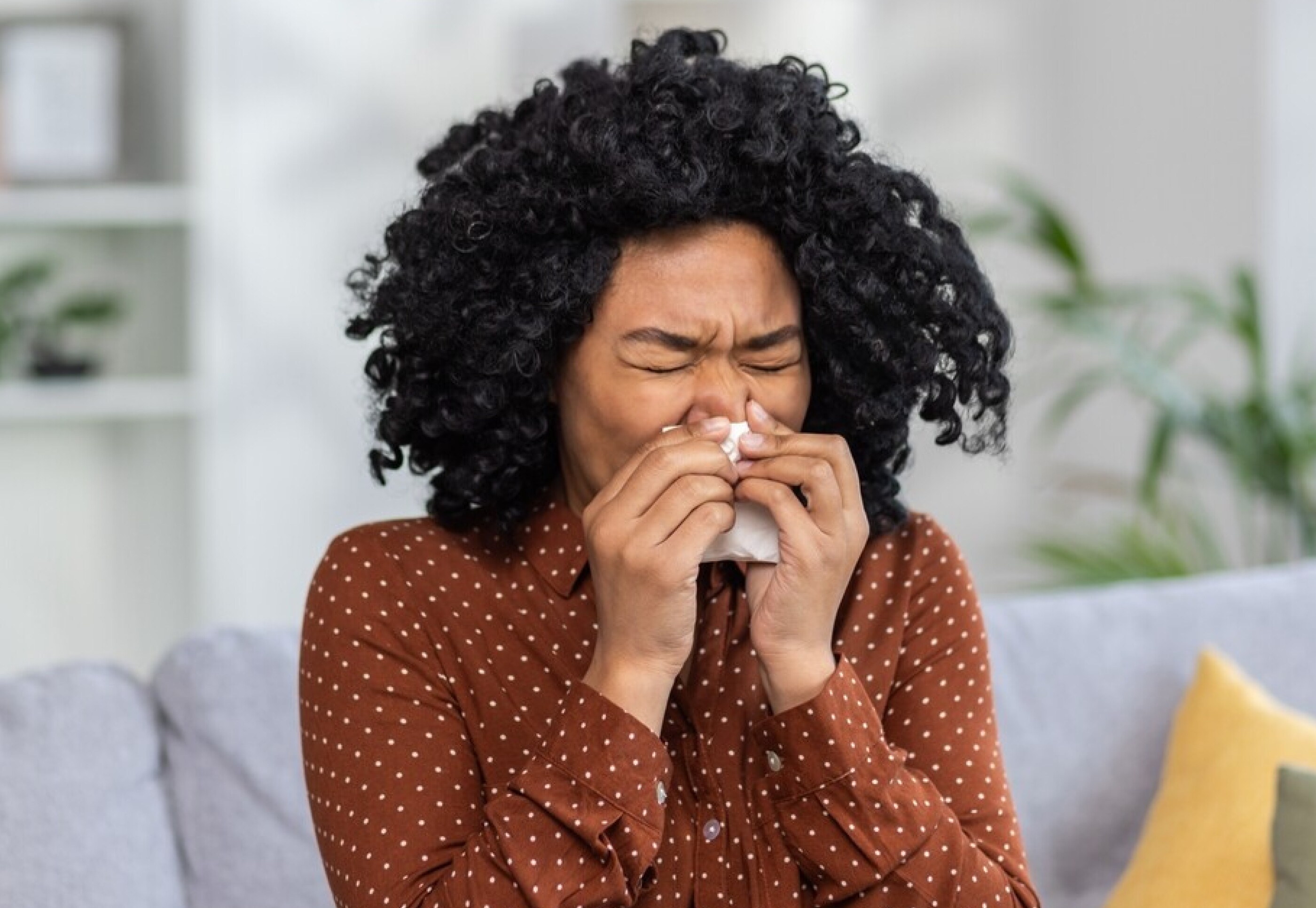
Researchers have uncovered a link between COVID-19 and blood markers linked to faulty proteins in the brain. The analysis, led by researchers at Imperial College London and the UK Dementia Research Institute, found that people who had previously had COVID-19 were more likely to have increased levels of biomarkers linked to faulty amyloid proteins—a known hallmark for Alzheimer’s disease.
On average, the effects were comparable to four years of aging with the greatest effects seen in those hospitalized with severe COVID-19 or with underlying risk factors for dementia such as smoking or high blood pressure.
According to the researchers, the findings suggest that mild or moderate COVID-19 may acceler...
Read More









Recent Comments